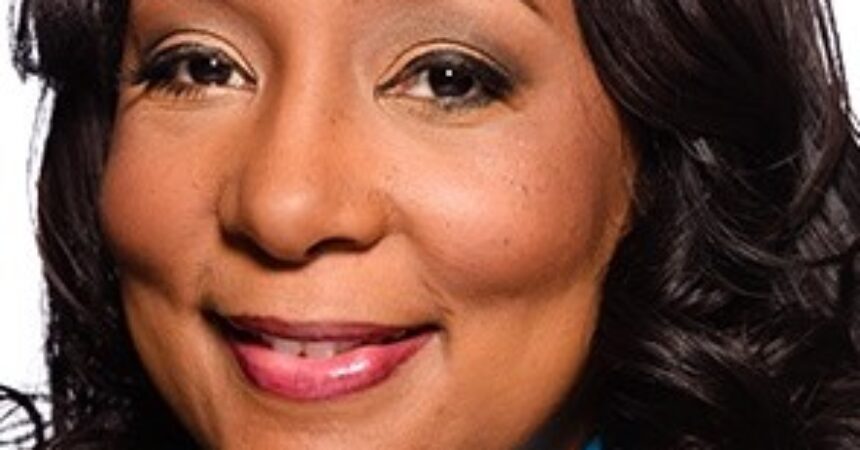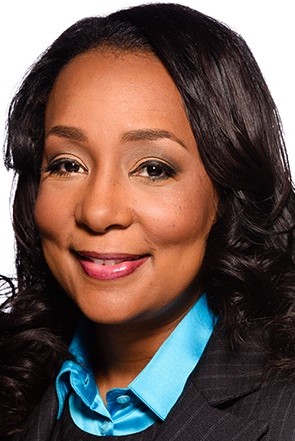
Charter schools have contributed to education equality and saved lives

For African Americans, learning and knowledge has been —and continues to be — the drumline of survival and success.
Enslaved Black families knew this. It’s why they risked severe punishment by breaking laws that forbid them learning how to read and write. The opening of Black colleges and universities after the Civil War signaled that those dark ages were over, but education equality was still little more than a dream.
But much progress has been made, albeit slowly and in stages. It has come thanks to a series of landmark U.S. court cases related to equality of opportunity in K-12 education as well as self-help movements like the citizenship schools of the 1950s, the freedom schools of the ‘60s, on through to today’s charter schools.
Surprised to see charter schools in that list? You shouldn’t be. Though not exclusively African American, charter schools have been tremendously successful in helping minority students get a quality education. According to the National Center for Education Statistics, these schools enroll higher percentages of minority and low-income students than traditional schools. And they’ve been doing that for nearly three decades.
In 1992, City Academy in St. Paul, Minn., became the nation’s first publicly funded, privately run charter school. Its founders set out to pioneer a new way of teaching students who encountered the harsh impact of drug abuse, jail, or even homelessness.
Out of desolation, the founders of City Academy created opportunities for their students. The small school’s rigorous instruction and caring teachers have gone on to inspire education activists nationwide to follow its example. Today, there are 7,200 charter schools in 44 states and Washington, D.C.
These schools are not only giving kids an education. In many cases, they are literally saving lives. For example, education analyst Corey A. DeAngelis reports that winning a lottery to attend a charter school in New York City reduced the likelihood of incarceration for male students by 100 percent. The study also found that female charter school students were 59 percent less likely to experience teen pregnancy.
It’s not that these schools are daily preaching “stay out of jail and avoid teen pregnancy.” But those self-destructive behaviors don’t seem to flourish in schools rooted in a vision of achieving excellence and writing a legacy of purpose.
Tyal Prince agrees. After leaving his district school disappointed and disillusioned, Prince attended Lincoln Park Performing Arts Charter School. He went on to graduate from the University of Pittsburgh. Today, he is employed by DataBank and is responsible for multi-million dollar contracts with businesses for cloud computing and other technology services.
Prince has also become a community leader, working with the local Big Brothers Big Sisters program and the Boys & Girls Club of Western Pennsylvania. Most importantly, he celebrates life as a family man and a first-time dad.
Prince attributes his success to Lincoln Park. “Going to a charter school saved my life,” he says. “That’s why I’m trying to make sure that I can get my little brother into a charter school for high school as well.”
But what Prince found at Lincoln Park is not available to millions of his African American brothers and sisters—especially those in our largest cities. Too often, they find themselves consigned to public schools, mired in a defeatist vision of low-expectations, victimhood and resignation.
Children, no matter where they live, should not be relegated to that kind of non-productive, non-learning environment. They deserve options—and charter schools have proven to be an attractive and productive option.
Just ask Lenny McAllister, a champion for education equality and civil rights, now serving as CEO of the Pennsylvania Coalition of Public Charter Schools. The coalition encompasses well over 100 brick-and-mortar and cyber charter schools throughout the Keystone State. Of the 169,000 students enrolled in those schools this year, roughly 70 percent are students of color and approximately two-thirds are eligible for the federal free-and-reduced lunch program.
McAllister sees charter schools as “school choice within public education,” where parents, regardless of their economic circumstances, are afforded “self-determination in education, the same self-determination that we celebrate each 4th of July in our Declaration of Independence.”
Angela Sailor is a vice president at the Washington, D.C.-based Heritage Foundation.







